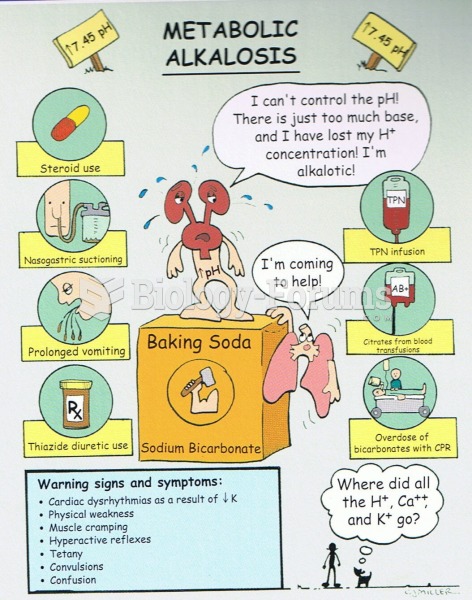|
|
|
There are immediate benefits of chiropractic adjustments that are visible via magnetic resonance imaging (MRI). It shows that spinal manipulation therapy is effective in decreasing pain and increasing the gaps between the vertebrae, reducing pressure that leads to pain.
Adults are resistant to the bacterium that causes Botulism. These bacteria thrive in honey – therefore, honey should never be given to infants since their immune systems are not yet resistant.
Historic treatments for rheumatoid arthritis have included gold salts, acupuncture, a diet consisting of apples or rhubarb, nutmeg, nettles, bee venom, bracelets made of copper, prayer, rest, tooth extractions, fasting, honey, vitamins, insulin, snow collected on Christmas, magnets, and electric convulsion therapy.
Amoebae are the simplest type of protozoans, and are characterized by a feeding and dividing trophozoite stage that moves by temporary extensions called pseudopodia or false feet.
There are approximately 3 million unintended pregnancies in the United States each year.
 Laparoscopy. A lighted endoscope specialized for insertion into the abdomen, called a laparoscope, i
Laparoscopy. A lighted endoscope specialized for insertion into the abdomen, called a laparoscope, i
 Inflammation. Inflammation is characterized by the presence of swelling, redness, heat, and pain. Sw
Inflammation. Inflammation is characterized by the presence of swelling, redness, heat, and pain. Sw





